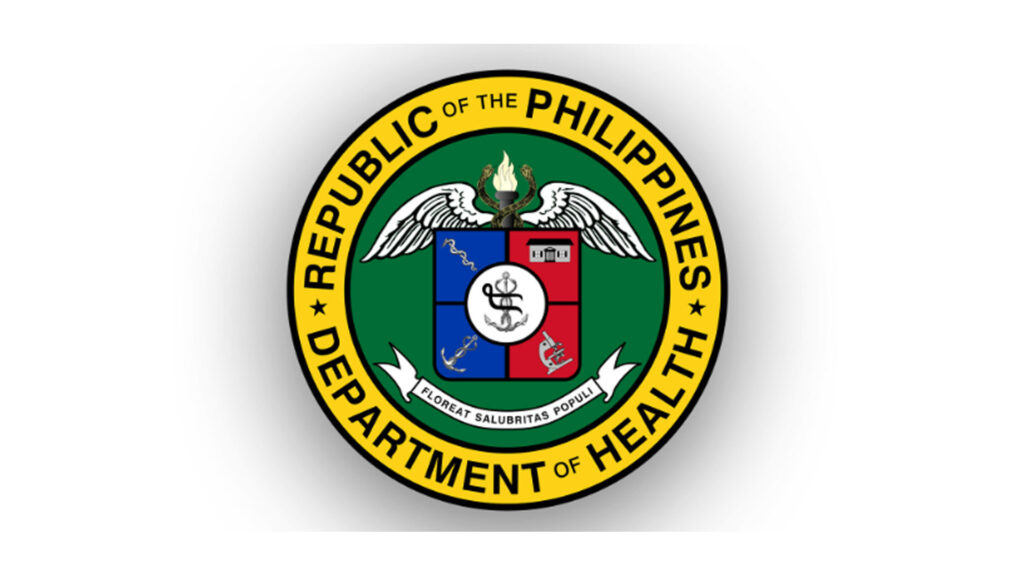Through collaborative efforts and cutting-edge initiatives by the World Health Organization and European Union, the Department of Health is poised to elevate its capabilities, ensuring a prompt and effective response in safeguarding the health and well-being of every Filipino.
The DoH recently received Emergency Operation Center Information and Communications Technology equipment worth P4.8 million from the EU and the WHO Philippines.
The equipment enables the DoH to provide efficient and effective response to public health emergencies or disasters and help ensure continuity of health-services delivery during crises.
The EOCs equipped are the East Avenue Medical Center and the Centers for Health Development of Central Luzon, Central Visayas and Davao, which are all strategic to coordinate sub-national scale emergency operations or act as alternative national emergency operations centers.
“The European Union has been a steadfast ally of the Philippines both in tackling disasters with humanitarian aid, and also by supporting national and local authorities’ work on disaster preparedness for many years now. In particular, since 2020, health emergencies have become a very real threat. The EU is, therefore, proud to be supporting the Department of Health to secure its communication and coordination capabilities during major crises. This will protect lives,” said Christoph Wagner, head of cooperation at EU in the Philippines.
This donation is part of the €20 million (P1.232 billion) South East Asia Health Pandemic Response and Preparedness program, in which the EU partnered with the WHO and the Asean Secretariat to strengthen the region’s national health systems to tackle the Covid pandemic and help ensure they could cope with future health crises.
Over the past three years, the program has invested around €2.3 million euro (P141.68 million) in the Philippines.
